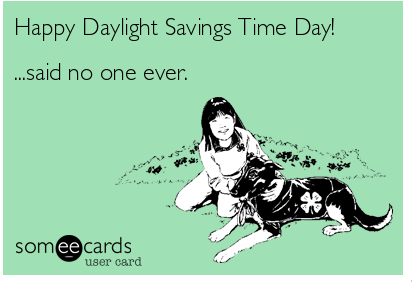We fall backwards an hour on Sunday November 1. Here are some actionable tips that will help smooth the transition.
- Be proactive with your clock. Reset your clock the night before to set yourself up for success and make sure you are on time for your events.
- Set your clock ahead. While you’re at it, if you’re always running late, this will help you to be more on time. I often recommend 5 minutes, but you may want to do more or less depending on your needs. Beware: people are often very unrealistic about time, so be honest with yourself about what will work for you. If you don’t know, it’s probably better to overdo it to be safe.
- Move the alarm clock. Place it across the room so that you must get out of bed to turn it off. Since you have to get up and move, it helps you to wake up more easily.
- Vitamin D. As the days get shorter and we have less exposure to sunlight, we are in greater need of Vitamin D. Also, considering how many people are Vitamin D deficient, this becomes especially important to consider.
- Turn the lights down as bedtime approaches. Our bodies are wise, and if we listen carefully, they tell us exactly what we need. The problem is that our modern lifestyles cause a lot of “interference” and we can’t hear our body’s signals very well. Light is a great example. It gets darker earlier, but many of us have bright lights on at night, which can interfere with our circadian rhythms. Use softer lights once it becomes dark. Turn the light on devices waaay down. In fact, turn them off as much as possible because the blue light emitted from electronic screens replicates daylight! This is horribly disruptive to the brain’s ability to know what time it is and to know what the body needs. This happens to be a major contributor to sleep problems for adolescents.
- Go to bed early. Seriously. If it’s dark, and you’re tired, it’s ok to go to bed really early sometimes! Listen to your body.
- Make sure you have a sleep friendly environment. Remove distractions from the bedroom (pets, electronics, etc.), have a good routine, make sure it’s quiet, dark, cool and comfortable.
Do you have any tips? Feel free to comment below.
If this helped you, please share
